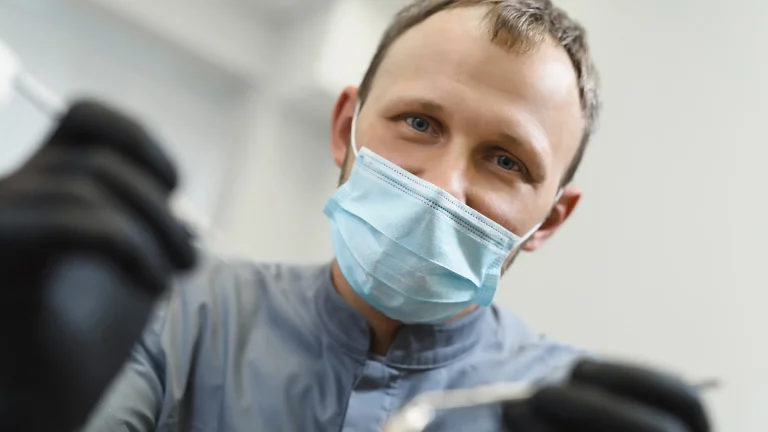Understanding how a dentist in Newburgh, NY tailors oral care can transform your dental experience. Dentists look beyond teeth to see how habits shape your oral health. They watch for subtle signs during each visit. Your body language, speech patterns, and reactions to treatments reveal key insights. Each clue helps them customize your care. Personalized care means less guesswork and more precision. It involves considering your unique history and daily routines. Dentists connect these dots to address your specific needs. They aim to put you at ease and improve outcomes. This approach reduces anxiety and ensures effective care. You gain a partner who sees you, not just your teeth. When dentists focus on behavioral clues, they offer a service that fits you perfectly. This method means quicker visits, tailored advice, and improved comfort. Understanding these aspects can lead to better dental health and a more relaxed experience.
Why Personalization Matters
Personalized oral care has become a fundamental aspect of modern dentistry. Tailored care ensures that your unique health needs are met effectively. Dentists observe patients’ behaviors and habits to make informed decisions. This approach lowers risks associated with generic treatments. It enhances comfort and success rates. You benefit from a plan that considers your lifestyle and preferences.
Identifying Key Behavioral Clues
General dentists pay close attention to several behavioral clues during your visit. These include your comfort level, ease of communication, and habitual actions. Comfort level can indicate anxiety or stress, which influences treatment decisions. Your ease of communication helps dentists assess your understanding and comfort with procedures. Habitual actions provide clues about daily habits that affect oral health, like teeth grinding or nail biting.
Benefits of Behavioral-Based Personalization
This personalized approach helps build trust between you and your dentist. Patients often feel more understood and valued. Dentists reduce unnecessary treatments, focusing instead on what truly matters to you. This leads to fewer visits, less discomfort, and better health outcomes. The personalized approach ensures that dental advice fits your life perfectly.
Behavioral Clues and Their Impact on Dental Care
| Behavioral Clue | Dental Impact | Personalized Response |
| Anxiety or Stress | Increased discomfort during procedures | Use of calming techniques and sedation options |
| Poor Communication | Lack of understanding about care plans | Clearer explanations and simpler language |
| Teeth Grinding | Damage to teeth and jaw pain | Recommendation of night guards and stress relief |
Using Technology in Personalized Care
Technology plays a crucial role in enhancing personalized care. Digital tools help dentists gather detailed information during visits. For example, advanced imaging reveals problems not visible to the naked eye. This technology allows for accurate assessments and tailored treatment plans. The integration of electronic health records offers a comprehensive view of your health history. Dentists can identify patterns that affect your oral health, ensuring a more focused approach.
Building a Partnership with Your Dentist
The relationship between you and your dentist is vital. Open communication encourages a mutual understanding and trust. Regular check-ups allow for ongoing adjustments to your care plan. Dentists appreciate feedback on your experiences and preferences. This collaboration leads to more effective treatment and a positive dental experience. Engaging with your dentist fosters a sense of comfort and well-being during visits.
Conclusion: Embracing a Personalized Dental Approach
Personalized care based on behavioral clues offers significant benefits. You receive care that aligns with your unique needs, preferences, and lifestyle. By focusing on behavioral clues, a dentist can offer you a service that is both effective and empathetic. This approach promotes better oral health and a positive dental experience. To learn more about personalized dental care, visit the National Institute of Dental and Craniofacial Research for additional resources. Additionally, explore insights from the Centers for Disease Control and Prevention on improving oral health.

